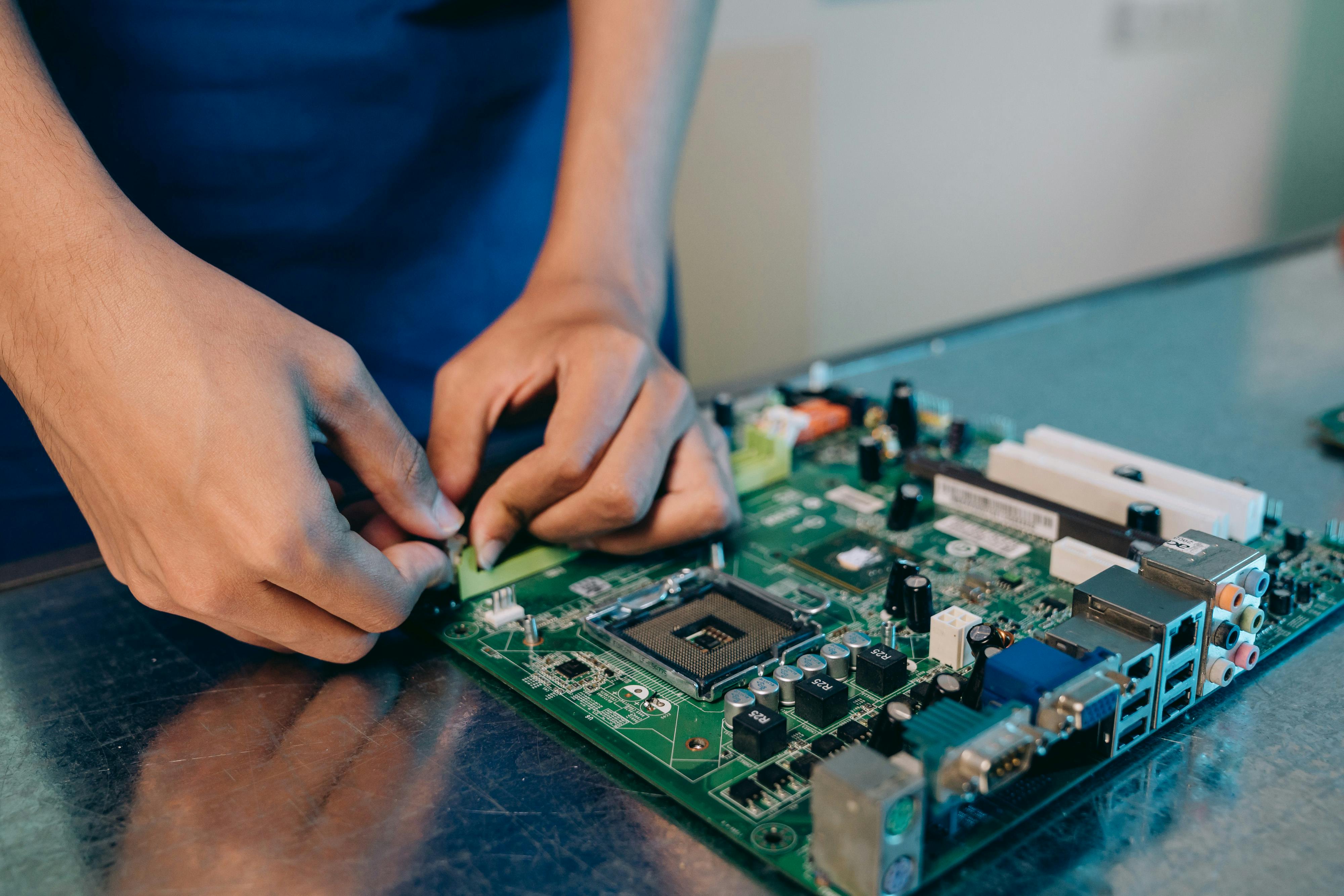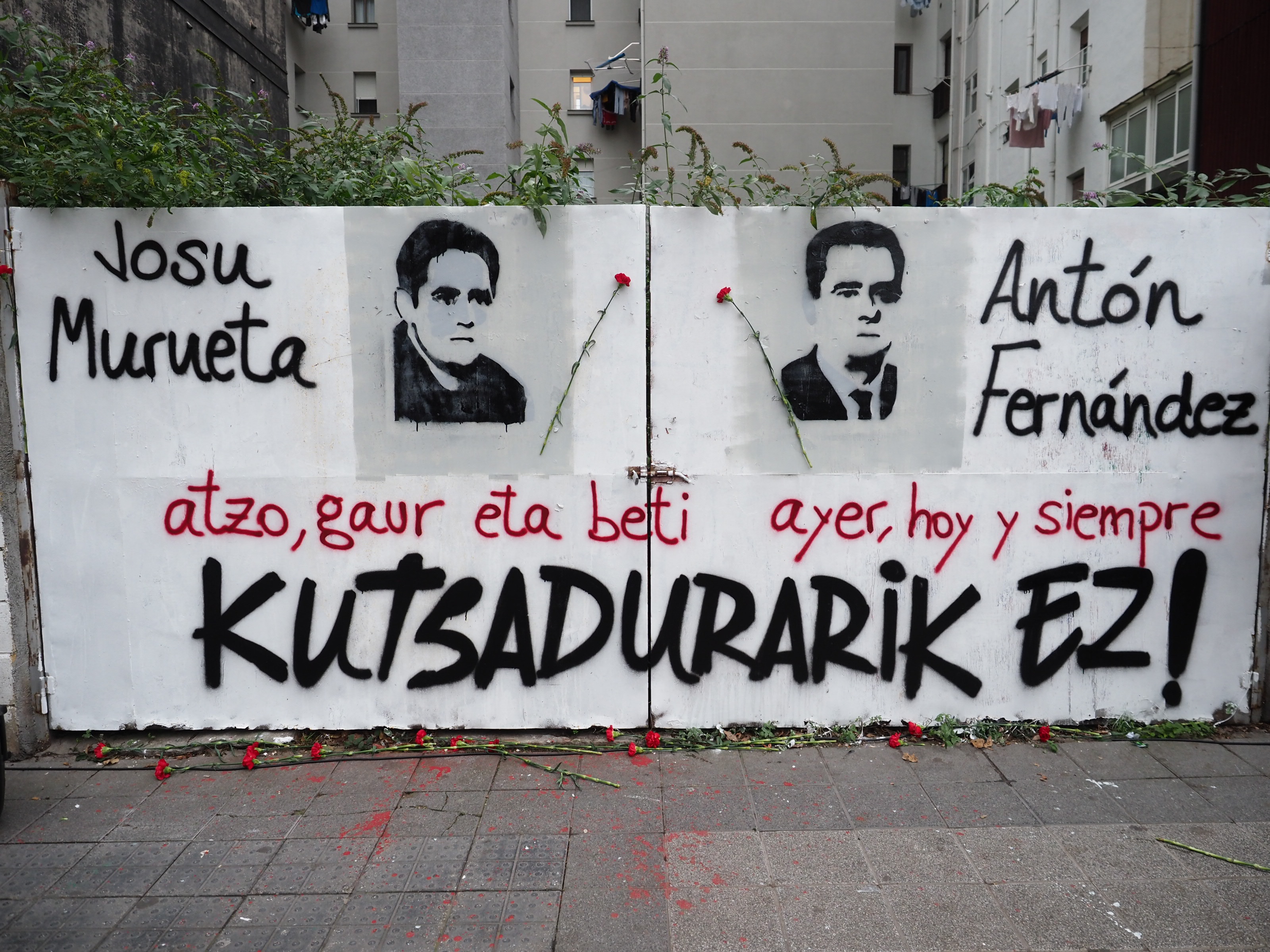Petrochemical Lubricizol explodes near Paris, thanks to the death of Jaques Chirac on the same day
- The death of former lehendakari Jacques Chirac covered the terrible chemical accident that occurred 80 kilometres from Paris in the city of Rouen: on 26 September the smell of the company Lubrizol, dedicated to the production of car additives, caused great fear to the citizens who are very close and who have not yet been taken action. Pollution has affected farmers of many kilometres: the authorities have banned them from consuming or marketing their produce.
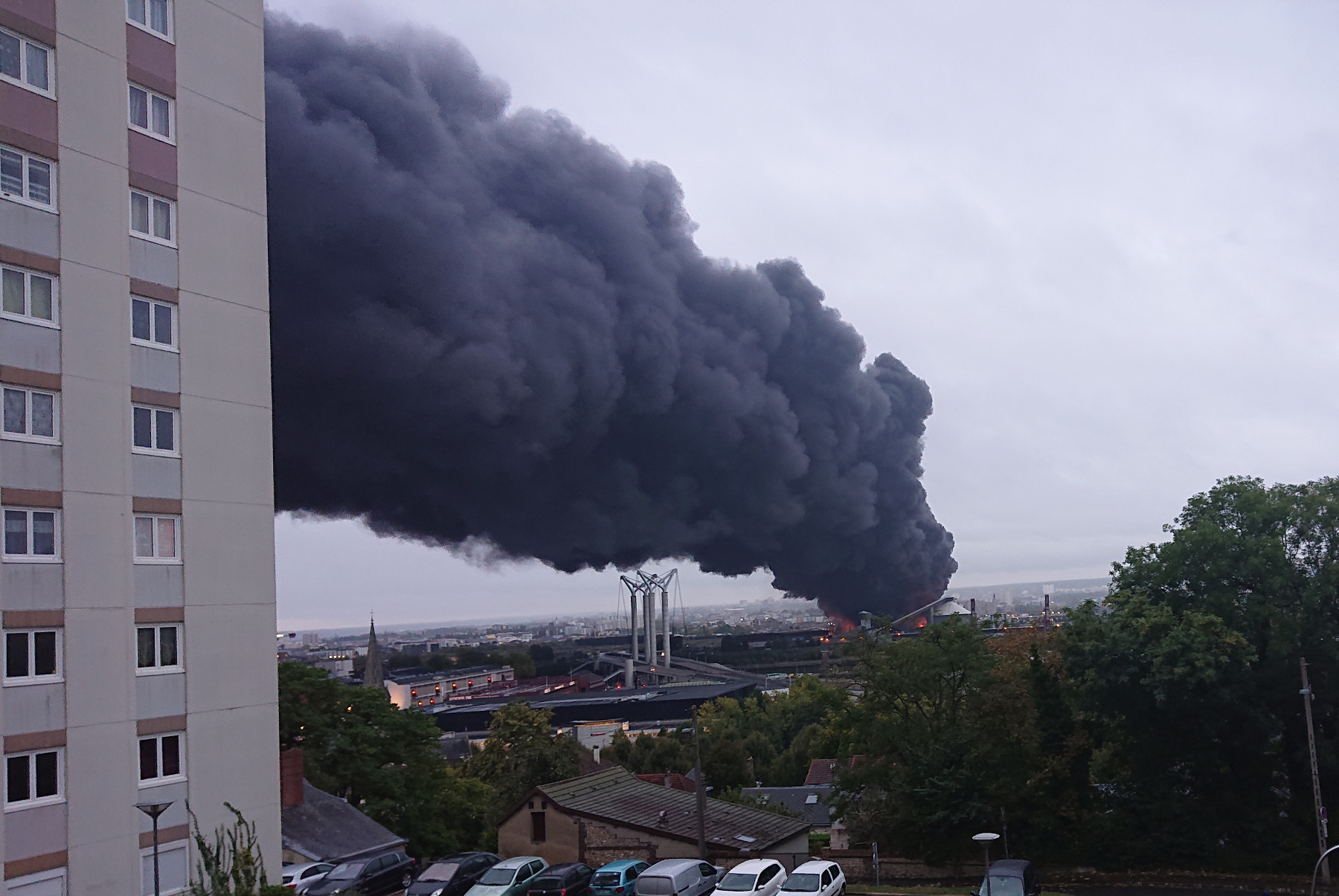
Lundi Matin said on the first of October in the main title of his website: “Lubricizol: a part of our editor is escaping. We will suffer delays.” More than one reader who would look from time to time at this, one of the most well-known French magazines on the radical left, would come to mind if the editors had any serious problems with the police, wrote about such thorny issues... It wasn't that.
“Last Thursday [refers to 26 September] the explosions that took place at the Lubriccizol factory in the city of Rouen woke up to those who have in their hands an important part of our media. They called each other, woke up those who slept and, without waiting for the decisions of the authorities, decided to leave the city, without taking more than their children and the most necessary things, so there is a part of our wording in the strange situation of the exiles for reasons of industria.Sabemos how the authorities manage this type of disaster...” As soon as the situation was clarified, those of Lundi Matin promised to bring their work to a normal pace.
On the same day, Herve Coves, agronomist and ecologist in France, also mentioned Lubricizol on Facebook: “I have been written by a number of people concerned about Rouen’s toxic mist. Some farmers say that they have been quite lucky: they have saved the directions of the wind. (...) Unfortunately, as is the case in many incinerators, I fear that large areas will remain limited to the production of non-food products. That was what was meant by a person who gave me the most impression: ‘I wonder if I should bury such a beloved project’. This is how a young farmer has recently spoken to me, who has embarked on a project for the production of seeds, plants and fruits of yesteryear.”
J'ai été contacté par differentes personnes, prises sous le panache toxique de Rouen. Certains s'en tirent plutôt bien :...
Posted by Hervé Coves on Monday, September 30, 2019
On 26 September, the whole world became aware of the death of Jacques Chirac and the unanimous barbarity of the media covered the same day the disaster of the Lubricizol factory that burned after exploding since 05:15 in the morning. The American multinational Lubricizol, owned by the prestigious oligarca Warren Buffet, manufactures car lubricants in Rouen in installations of 14 hectares, very close to the city’s homes.
Lubricol was included in the Seveso directive, which states that it has a special chemical risk, in that of Seveso since 2012, among the highest risk. In the Basque Autonomous Community, for example, there are 42 companies on this list, 29 in the Seveso Alto list. At the Lubricizol warehouses there were 5,000 tons of dangerous chemicals when the explosions began, only those with the names that are heard in these types of explosions.
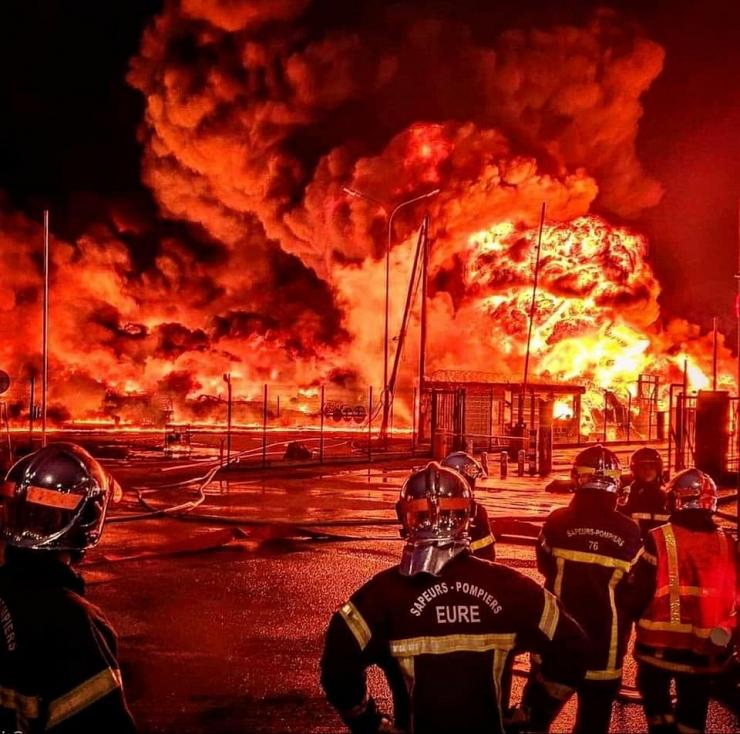
But, in addition, the flames of Lubricizol spread to neighbouring Normandie Logistic and when the authorities opened the list of chemicals it had stored, many observed that in this location of Rouen there was only one Seveso and two, which contained almost 10,000 tons of dangerous chemicals in total.
Frightened by major explosions and night flames and by the black smoke that covered the city’s sky from dawn onwards, there were many who, like the writers of Lundi Matin, fled Rouen for a few days, 26 September. That, what they could; many have had no choice but to stay there, listening to the emergency horn in the air and reading the indications of the authorities with their smartphone: not to leave home, close windows, schools are cut off...
Increase risks, reduce controls
The abrasion of the lubricants caused a black, dirty and added smoke of 20 kilometers long by 5 kilometers wide, which in a few hours was dragged by the wind to the borders of Belgium. In the morning, whoever had an end of a garden or a vegetable garden found the utensils, cars or the ground, dyed in black, like plants.
The authorities immediately recommended that the population not eat products from their own vegetable garden and prohibited the garbage collectors from many municipalities in the large area from selling vegetables and delivering livestock milk to cooperatives or collectors, demanding the holding of animals in the stables. According to the newspaper Le Monde, the ban has affected more than 2,000 farms and small producers, seriously endangering the entire agricultural and processing industry to an extensive area of 137,000 hectares.

If the most striking contaminant in the eyes of the population was the black oil mocha, as the days go by and the lists of products that Lubricizol and Normandie Logistic had in the warehouses are known, the concerns have multiplied by other more dangerous poisons. On the one hand, the furans and dioxins that have been scattered by fire in the air. But also with asbestos, because it was used in many parts of the building. They have thus realized that the firefighters themselves, in the first hour of the crisis, were also sent to deal with the flames without sufficient protection.
The Lubricizol disaster has highlighted the proliferation of accidents in these dangerous factories since the 2008 crisis and has reduced the mechanisms to prevent them. In 2018, the Paris Government relaxed the conditions of environmental studies to the owners of the Seveso and Rouen factories: the safety perimeter to be controlled has been reduced and, above all, it has been able to increase the number of dangerous products and expand the installation, thus avoiding the control of independent environmental observers.
On the other hand, the neoliberal slimming dynamics of the State have led the public authorities to have fewer and fewer inspectors to observe increasingly numerous and dangerous installations. In addition, legislative changes have weakened the most effective mechanisms that for years monitored the risks of these companies, the health and safety committees, where the workers of the unions played a leading role. As companies hide information about the products they produce and store, the study of the health problems of factory workers is often the main source of pollution also suffered by the surrounding inhabitants.
In addition, subcontracting of production has also prevailed in this industry, often leaving the most dangerous processes in the hands of precarious companies and workers, with little knowledge and experience. The Rouen disaster began in the warehouse of a subcontractor carrying out open-ended tasks.
In Euskal Herria, people from the municipalities that have factories in Seveso could look in the mirror of Lubricizol.
(P.S.) Fifteen days after the accident in Lubricizol, in Rouen, firefighters and police sent to shut it down and secure the surrounding area have filed a complaint in court about the risks they face, as the authorities have not provided enough information and sent them without any protection.









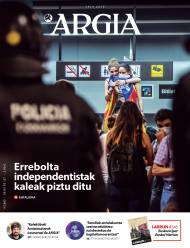

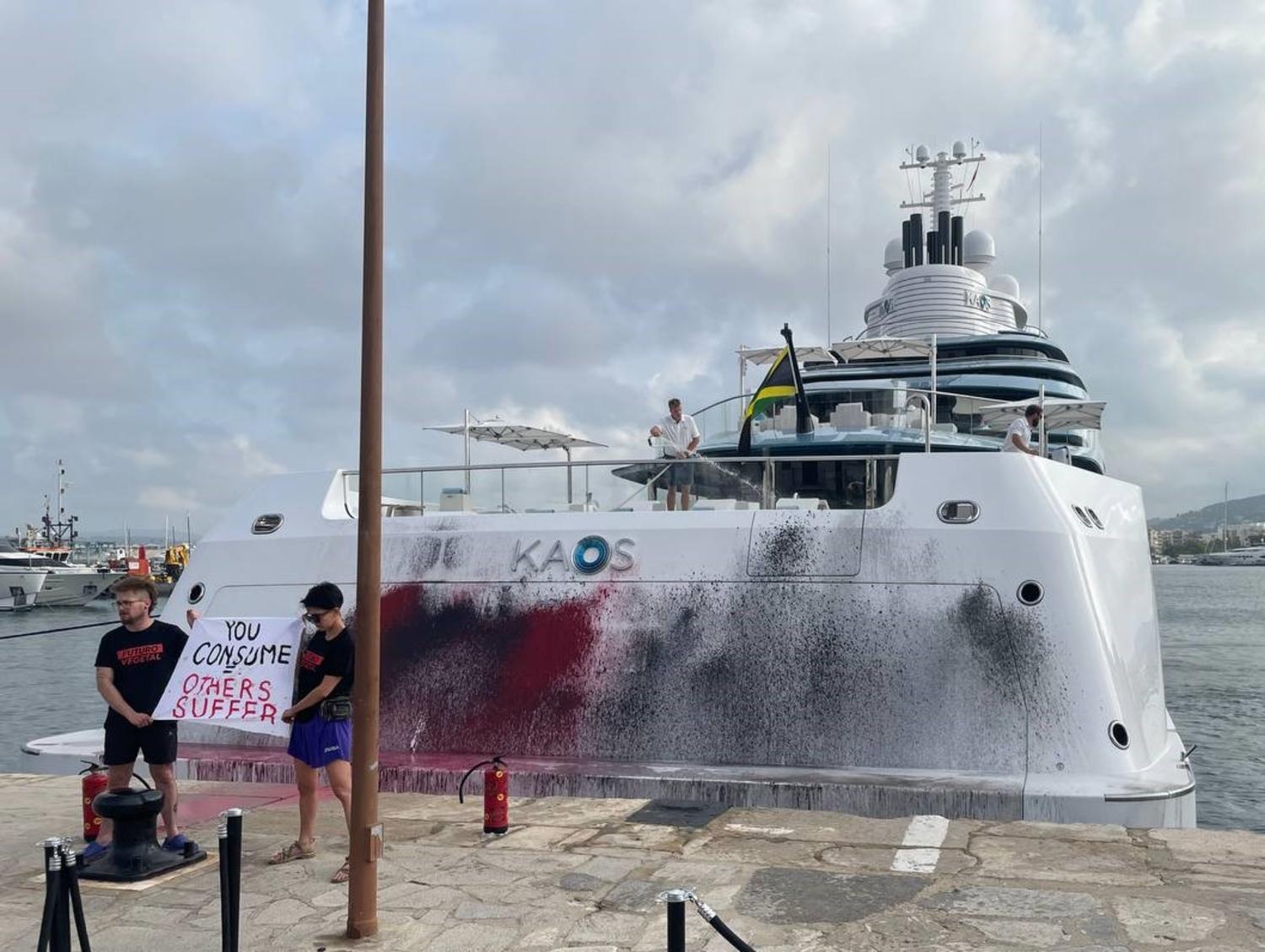
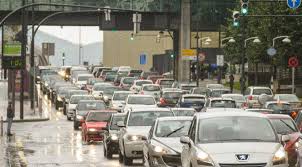

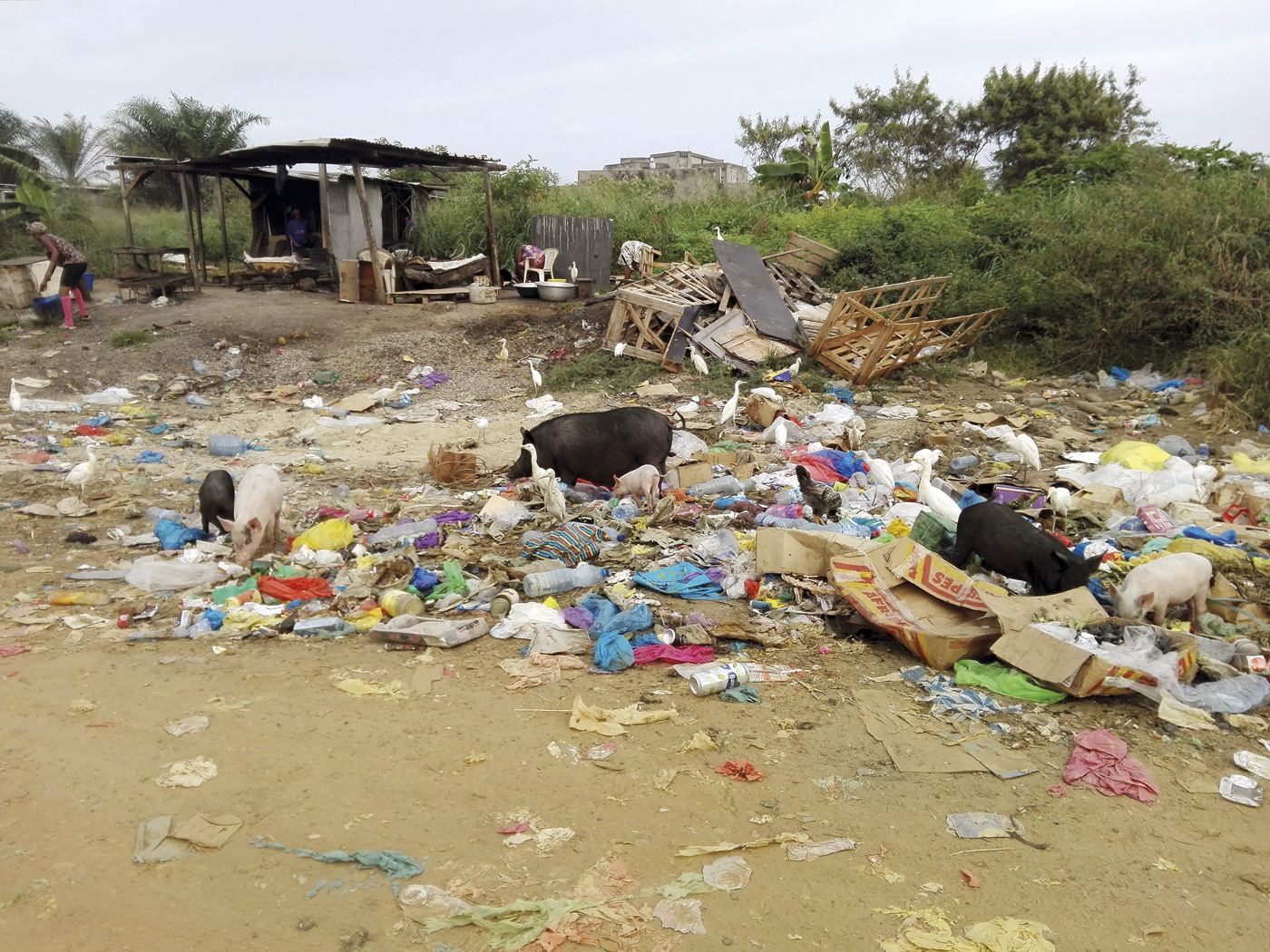


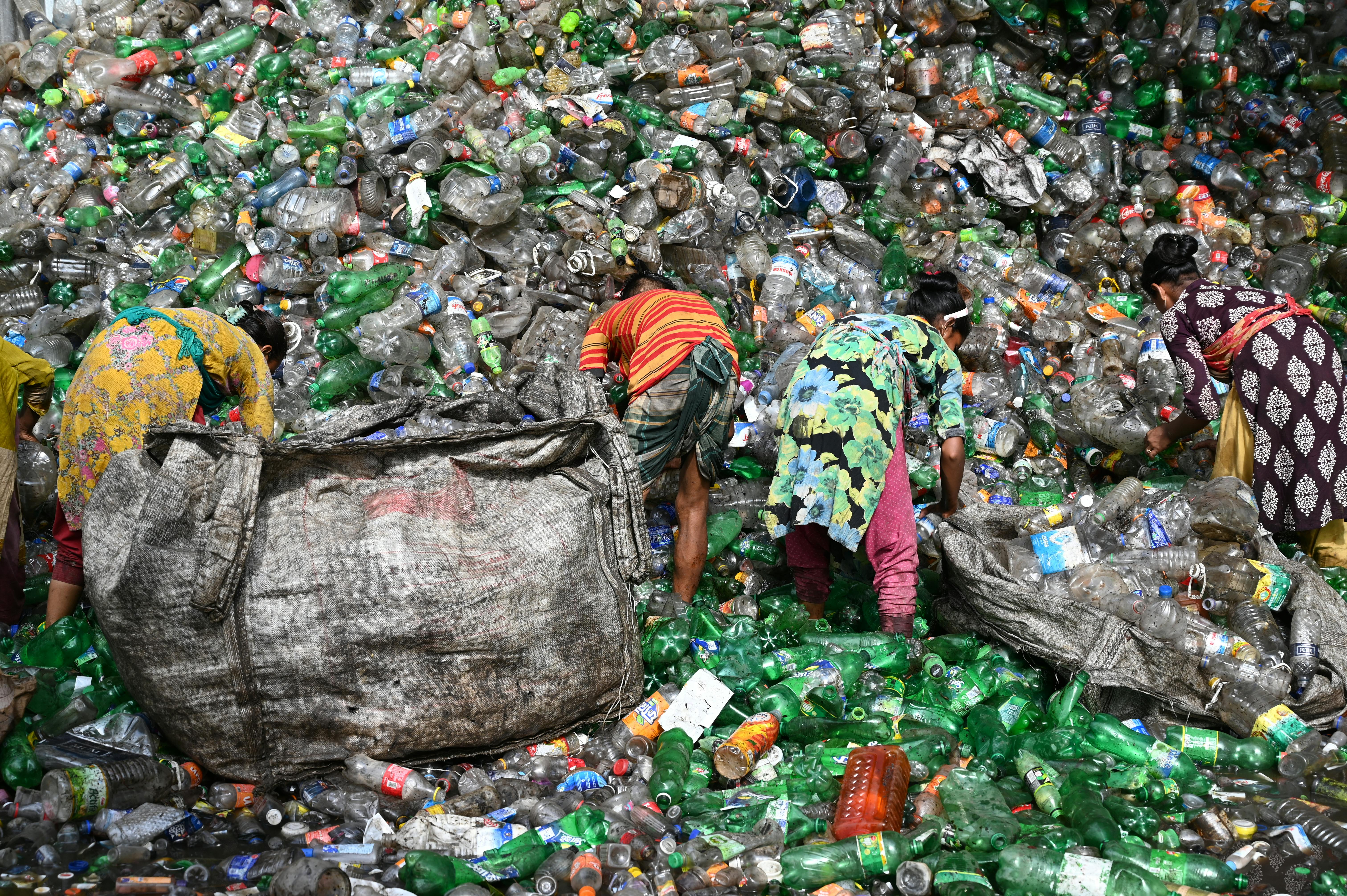
.jpg)

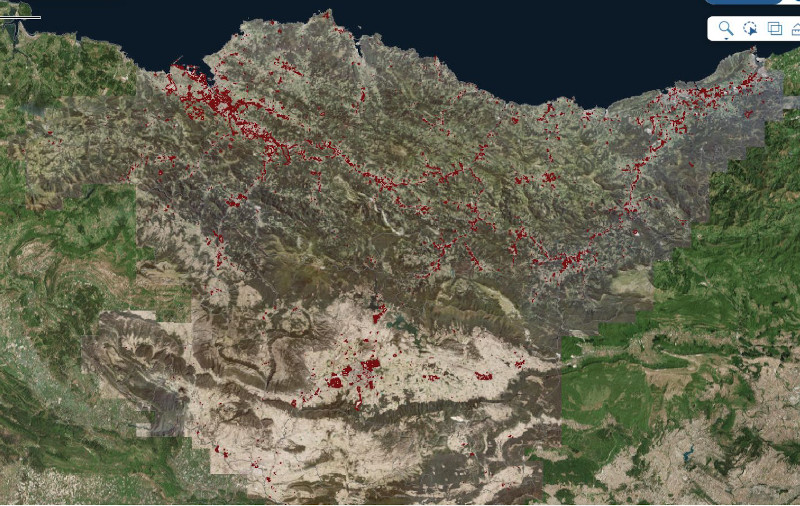
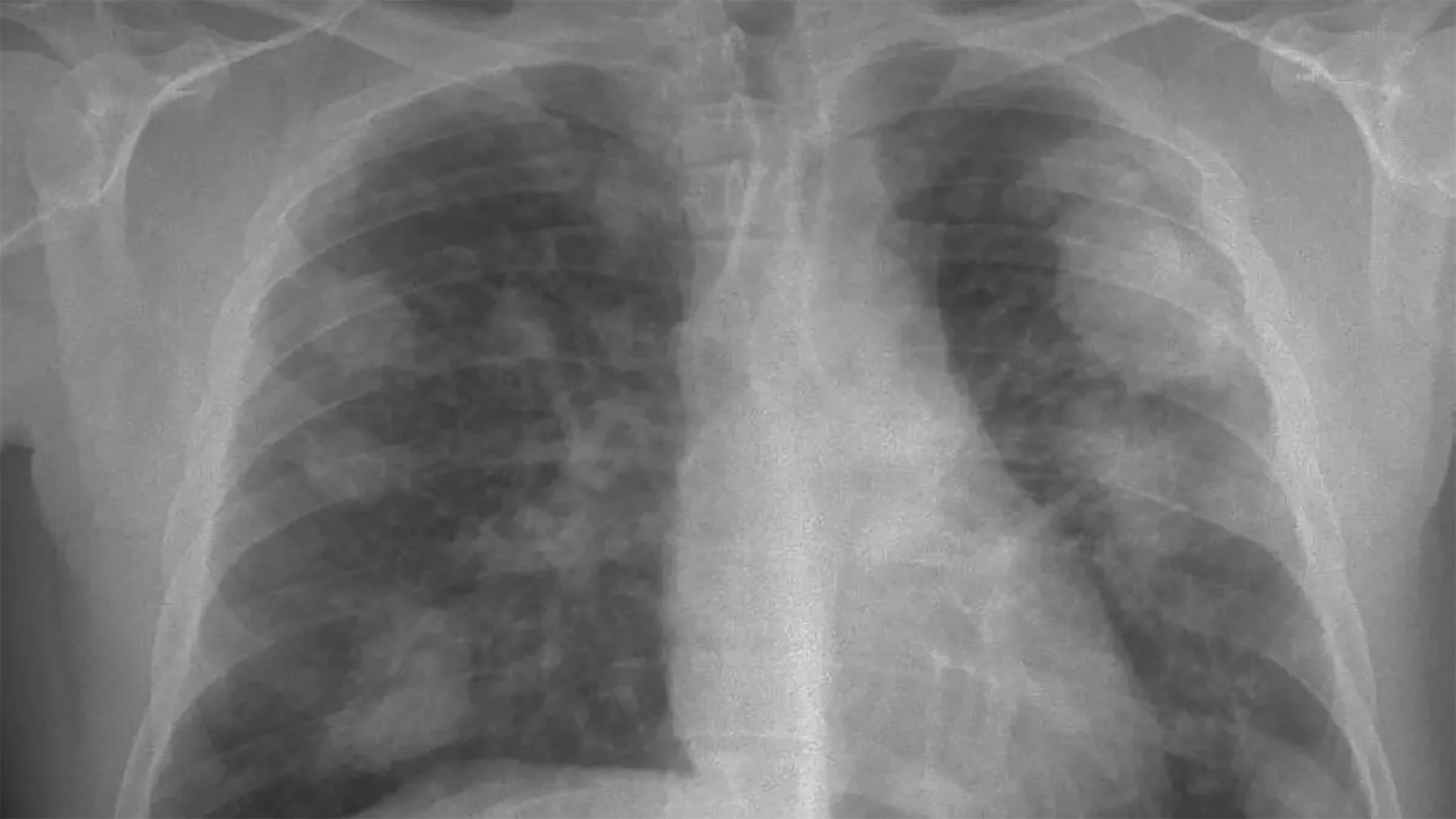
.jpg)
